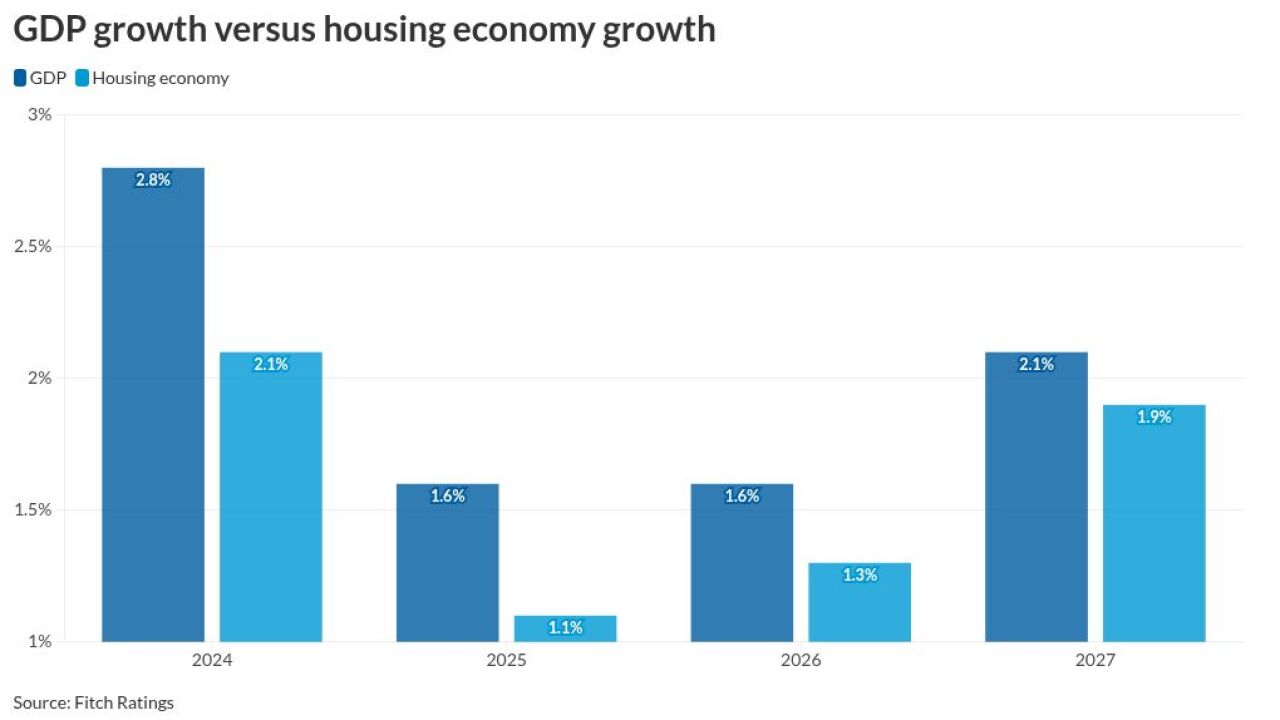Greece launched its inaugural covered bonds earlier this month via the Ã8 billion program by Alpha Bank.
Barclays Capital was arranger and lead manager on the transaction. Allen & Overy advised on the structuring.
This is the first covered bond program to be established by a Greek entity and the first to be established under the new Greek covered bond legislation.
Under the program, Alpha Bank has simultaneously issued two series of floating-rate covered bonds, namely Series 1 Ã1 billion ($1.55 billion) floating-rate covered bonds due 2011 and Series 2 Ã1billion floating-rate covered bonds due 2013. Dresdner Kleinwort analysts said these are likely to have been used for European Central Bank (ECB) funding purposes.
Each series of covered bonds is listed on the regulated market of the Luxembourg Stock Exchange and has been assigned a triple-A rating by Moody's Investors Service, Standard & Poor's and Fitch Ratings. "This places them in a similar category to Canadian or Dutch covered bonds, although the Greek structured issuance model is subject to a relatively detailed legal framework," Dresdner analysts said.
The program has been structured to permit Alpha Bank to sell loans from its mortgage portfolio to a newly established special purpose vehicle incorporated in England, Alpha Bank Covered Bond. Alpha Bank in turn guarantees all payments due under the covered bonds issued by Alpha Covered Bond.
"This covered bond program is an important step forward for the Greek financial markets," David Shearer, securitization partner at Allen & Overy, said. "Following the new legislation, covered bonds are increasingly being recognized as a valuable means by which Greek institutions can diversify their funding sources. This was an exciting deal to work on, and it is another first that Allen & Overy has been involved with in relation to covered bonds."
Shearer said he did not expect covered bonds to take off as quickly as seen in some other countries. He explained that while all banks could execute a covered bond similar to the Alpha structure, some banks might see more advantage to do an issue directly from the bank, but are not in a position to do so immediately. Although he added that, over time, he believes most Greek banks will tap the market. "The potential for the market is there; issuers are certainly interested, but there are some technical factors that could slow the market initially," he said.
Investors might also initially have to get used to Greek structuring. Greek covered bonds can be issued under two different structures. One, like most of continental Europe, allows the bank to issue the bonds directly and segregate an asset pool on its own balance sheet.
However, under the second option, the covered bonds are issued by an SPV and guaranteed by the bank. This is unusual for continental European covered bonds but is likely to be the most practical option for Greek banks, at least in the medium term.
Shearer also said that covered bonds are likely to be part of the funding mix for Greek banks. This might also, in time, lead to a relative decline in RMBS, although it does not signal an end to Greek securitization.
"I think you will see a change in flavor of asset classes, and the Greek market will see more SME, consumer loan and auto loan securitizations than it has to date," he said. "However, I wouldn't expect RMBS to die out altogether - that hasn't been the experience in the U.K., for instance, where covered bonds have now been established for a number of years."
(c) 2008 Asset Securitization Report and SourceMedia, Inc. All Rights Reserved.
http://www.structuredfinancenews.com http://www.sourcemedia.com/





